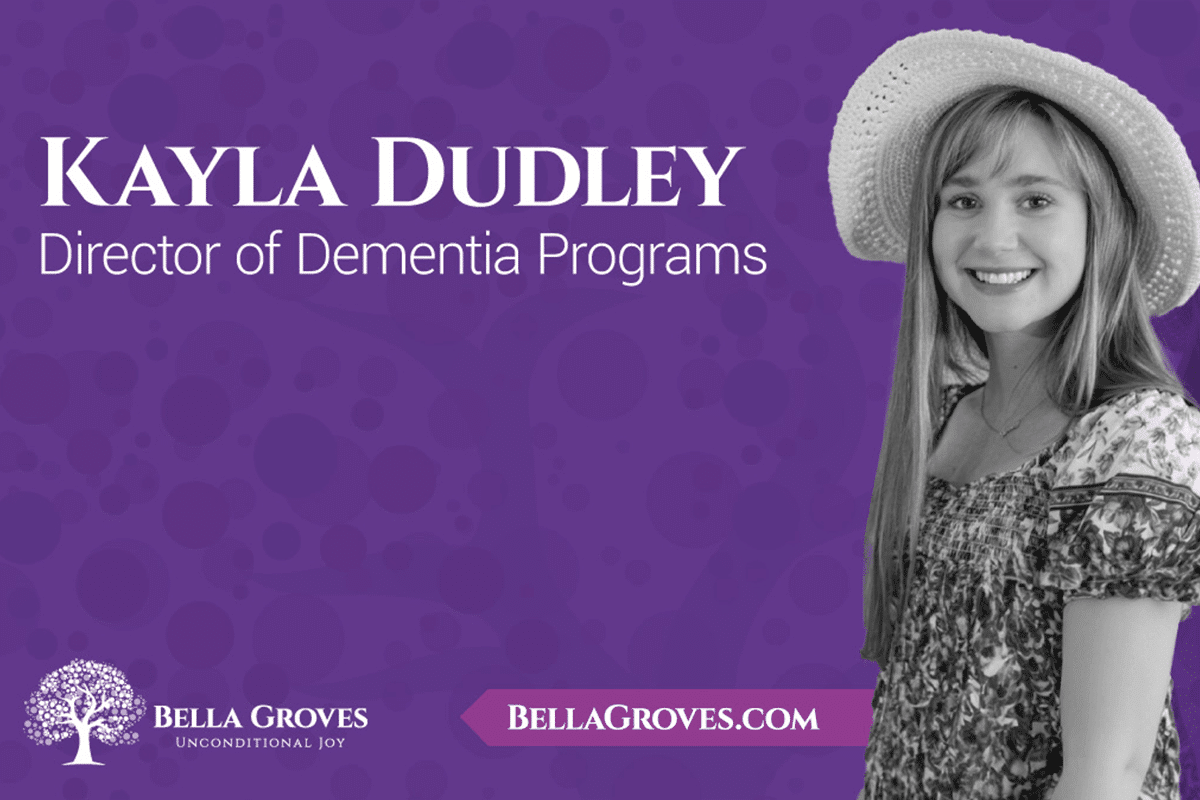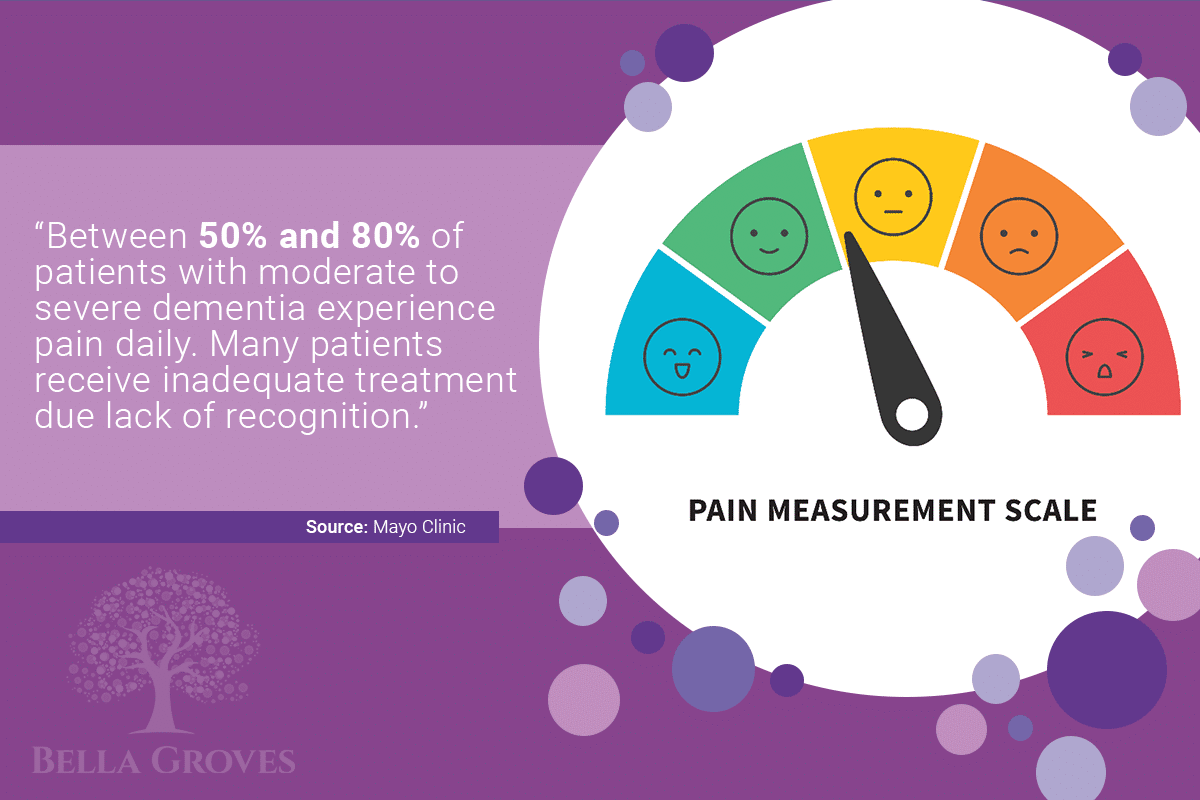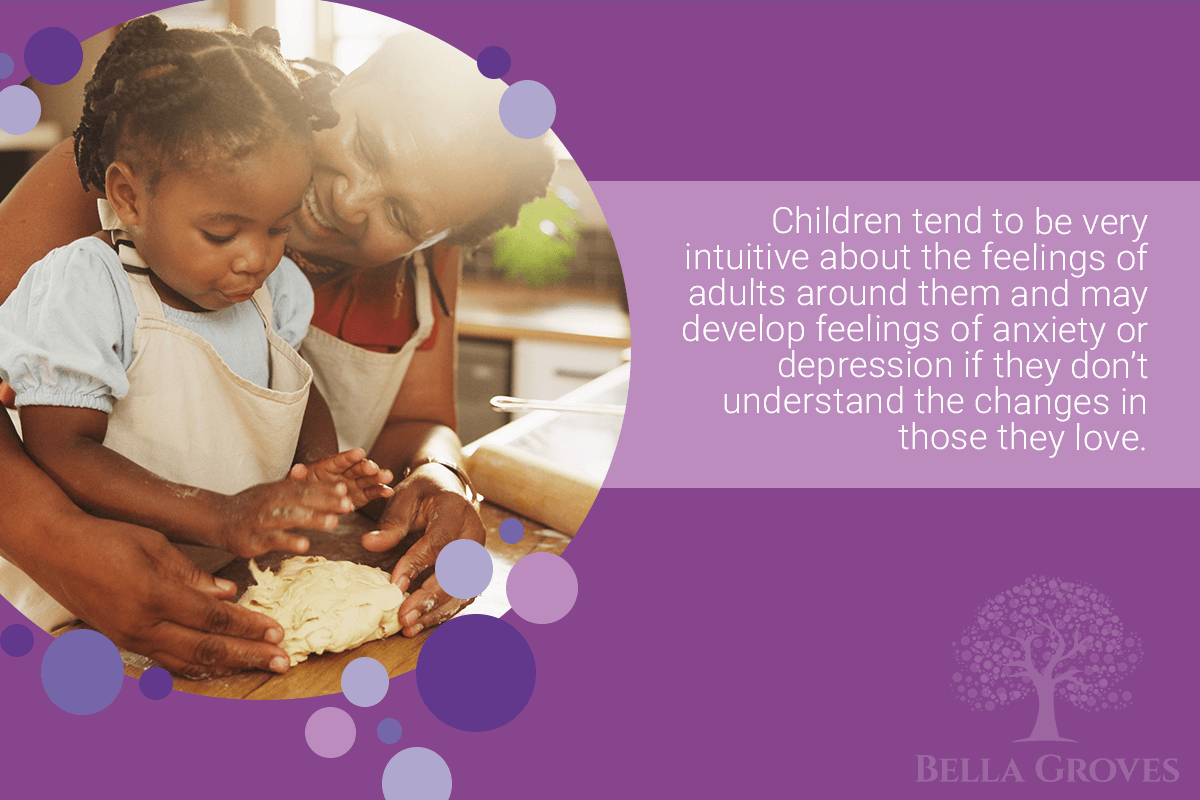
Anosognosia: Your Loved One is Not in Denial
Written By: Kayla Dudley
Do you ever get frustrated that the person you are caring for is in “denial” about their condition? This is a common experience among care partners of individuals living with dementia. No matter what you tell your loved one, they just can’t seem to get it in their head that they are living with a disease. When you broach the topic of dementia, their responses may include: “I don’t need any help,” or “The doctor doesn’t know what he’s talking about. There’s nothing wrong with me.”
Sound familiar?
I empathize with you. I am also here to tell you that this is a battle you are not going to win. Rather than allowing that to discourage you, may it liberate you as you gain the following knowledge:
What is Anosognosia?
Did you know that there is a term for this behavior among persons living with dementia, which others may reduce to a lack of acceptance or “being stubborn”? Anosognosia can be defined as “a neurological condition in which the patient is unaware of their neurological deficit or psychiatric condition. . . It can affect the patient’s conscious awareness of deficits involving judgment, emotions, memory, executive function, language skills, and motor ability.” Another definition is “Anosognosia is a condition where your brain can’t recognize one or more other health conditions you have.”
When someone‘s frontal lobe is damaged (which occurs with some forms of dementia), they can no longer update their self-image and therefore are incapable of realizing that they are living with dementia. When a care partner tries to convince them of their disease, this can often result in:
- Arguments that go in circles
- The person living with dementia shutting down emotionally
- Redundantly confronting them with hurtful information that they are unable to process accurately. Their fight-or-flight response will kick in
- Damaging your relationship with the one that you are trying to care for
To understand further what anosognosia may feel like, I challenge you to think about the following scenario:
One day, you run into someone whom you haven’t seen in years. As soon as they catch sight of you, they exclaim, “You’ve matured so much! I hardly recognize you!” You silently think to yourself, “Really? I don’t feel like I’ve changed at all.”
You are incapable of recognizing the change within yourself because you LIVE with yourself day-to-day. This is similar to a person living with dementia’s experience. As the disease progresses, so does their brain and, therefore, their capabilities, personality traits, and more. Typically, the only ones who see this change are the observers.
The more you try to convince the person living with dementia that they have a disease and need outside assistance, the more they will think you’re the crazy one! They just don’t see it.
So, What Do You Do Instead?
Above all, we don’t argue with the person living with dementia. This is where liberation on our end comes into play. Care partners are often exhausted with all of the rationalizing they are attempting to do on a daily basis. What if I told you that rationalization and reasoning are absolutely futile when it comes to caring for persons living with dementia?
At Bella Groves, the vast majority of our residents are living with anosognosia. In fact, we often see residents who perceive memory loss in another resident before they perceive it in themselves. Our care team members are taught to enter into the residents’ reality rather than bring them into ours! I’m going to give you an example below:
Resident: “The people here are crazy.” (Talking about the other residents in the community.)
Care Partner: “Really? What makes you think that?”
Resident: “You can’t tell? What’s wrong with you? It’s like a three-ring circus around here. One lady’s yelling, one is speaking a different language…” (sighs)
Care Partner: “Oh my goodness, I can see how that would be really frustrating.”
Resident: “You’re telling me.”
Care Partner: “Well, why don’t we go outside and get some fresh air so we can talk more about what’s going on?”
Resident: “Fine with me.”
Notice how the care partner did not attempt to convince the resident that others were not crazy, that they were living with the same disease, or that it’s “not very nice to talk about people like that.”
This is how the person living with dementia is making sense of their environment in the best way they know how to. The point being: we must realize that anosognosia is a real medical condition which individuals living with dementia have, and it does not boil down to one’s denial or stubborn personality.
At Bella Groves, we are committed to supporting families in every way possible. If you’re looking for more personalized guidance or have any questions, please don’t hesitate to reach out to us.


